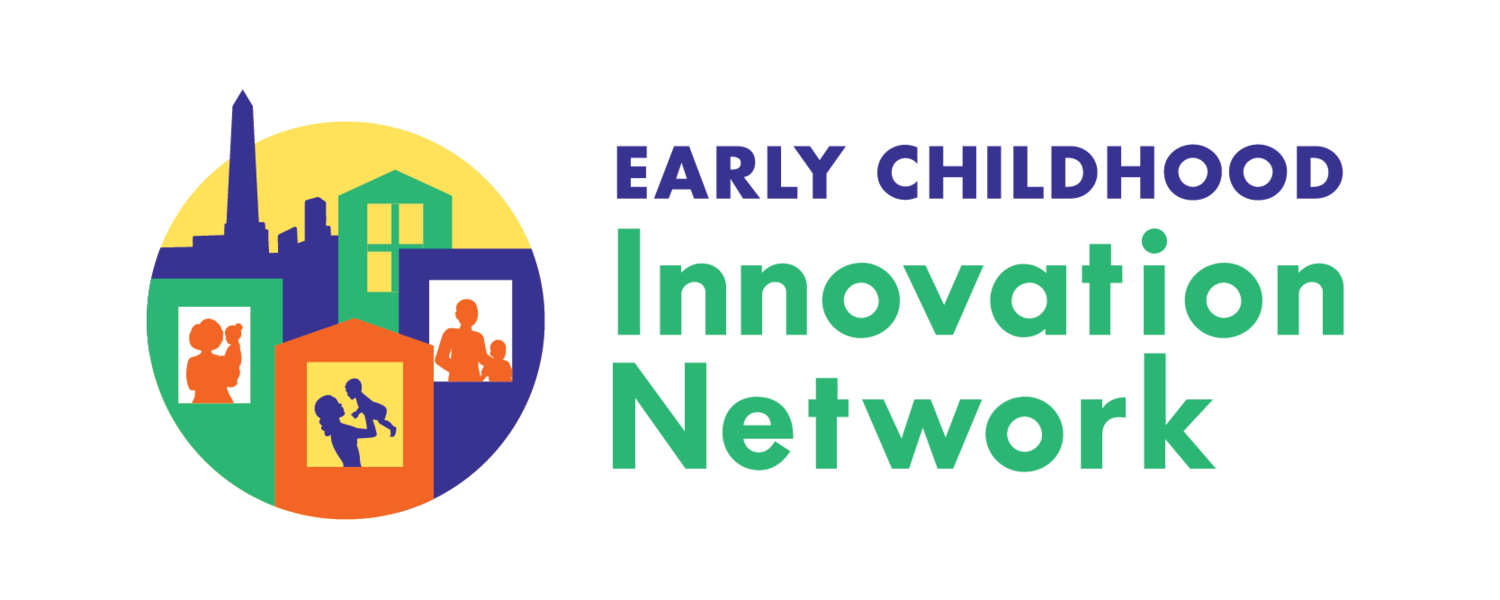The Early Childhood Innovation Network (ECIN) was established in 2015 with the belief that a child’s race, ethnicity, culture, or zip code should never determine their opportunities for healthy brain development, learning, or strong relationships with their family and other key adults in their lives. Recent events have affirmed what so many families in Washington, D.C., already knew: That racism and oppression continue to disrupt and devalue the lives of children and families, and that much of the trauma and adversity experienced by young children growing up in the nation’s capital is directly related to the long legacy of injustice and violence inflicted upon Black, Brown, and Indigenous People in the United States up to this very day. Our hearts and minds are heavy as we again face the devastating reality of the loss of Black lives at the hands of state-sanctioned violence. We ask you to join us in condemning the murders of George Floyd, Breonna Taylor, Ahmaud Arbery, and so many others.
In order to realize ECIN’s goals, each one of us must actively seek to understand and confront this legacy, and work to undo the racist and white supremacist forces that shape life for Black families and other families of color. This racism manifests itself in very explicit ways, but also in countless ways that are less easily seen. We are committed to continually examining ourselves and our work in order to ensure that ECIN’s efforts in developing multi-generational strategies to promote healthy child development are directly in the service of undoing racism and promoting a more equitable and just environment for DC’s children and families. As leaders, we also know that while we are all affected by this legacy of racism, many of our communities and colleagues are deeply impacted in ways we personally will never experience or be able to imagine.
Nationwide protests serve as powerful reminders that there are many voices still unheard. ECIN will continue to engage and include the voices of our families and community partners--who bear the burden of so much historical violence and inequity--in order to pursue concrete and equitable solutions to critical problems, including the health disparities that disproportionately affect Black, Brown, and Indigenous People across the United States. We recognize that this path to undoing racism and to building a more equitable society is difficult and requires commitment from each of us. However, we are driven by a hope for a more just and equitable future for children and families, and by a belief in our collective ability to shape that future.
Matt and Lee
